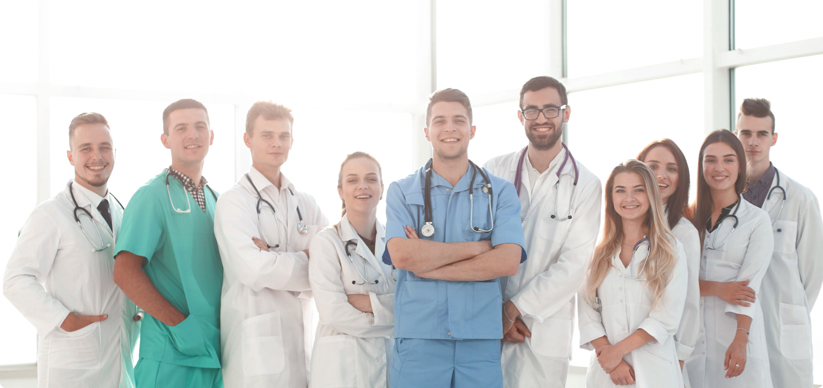
South Lab. 7 (Experimental Medicine and Surgery). San Carlos Clinical Hospital
C/ Profesor Martín Lagos s/n. 28040 Madrid

This research group aims to promote, through neurosurgical procedures, the reorganisation and repair of the damaged brain.
First of all, it uses brain stimulation as a means of restoring the balance lost as a result of pathological processes, in the classical sense of functional neurosurgery. It uses physiological experimentation for the identification of new stimulation targets and functional imaging techniques (fMRI, DTI, MEG, dEEG, dECoG) for the optimisation of stimulation targets, in Parkinson’s disease and other movement disorders, epilepsy, pain, and psychiatric diseases, such as obsessive-compulsive disorder, depression, schizophrenia, aggression-impulsivity, memory disorders, and dementia.
Secondly, it uses paired brain stimulation as a method to induce plastic changes in the brain, allowing for the extended resection of brain tumours, and the treatment of brain lesions involving brain injury (such as stroke), cortical degeneration (dementia), or lesions associated with defects in brain development such as schizophrenia or borderline personality disorders.
Thirdly, it uses adult cells from autologous or heterologous sources to support neural regeneration after brain damage, either by using stem cells from fat, olfactory ensheathing glia cells, or stem cells differentiated into neural precursors.
Finally, it uses biomaterials to promote axonal regeneration and cortical reconstruction, with interest in neurodegenerative (Parkinson’s, ALS), vascular (stroke), or traumatic diseases.